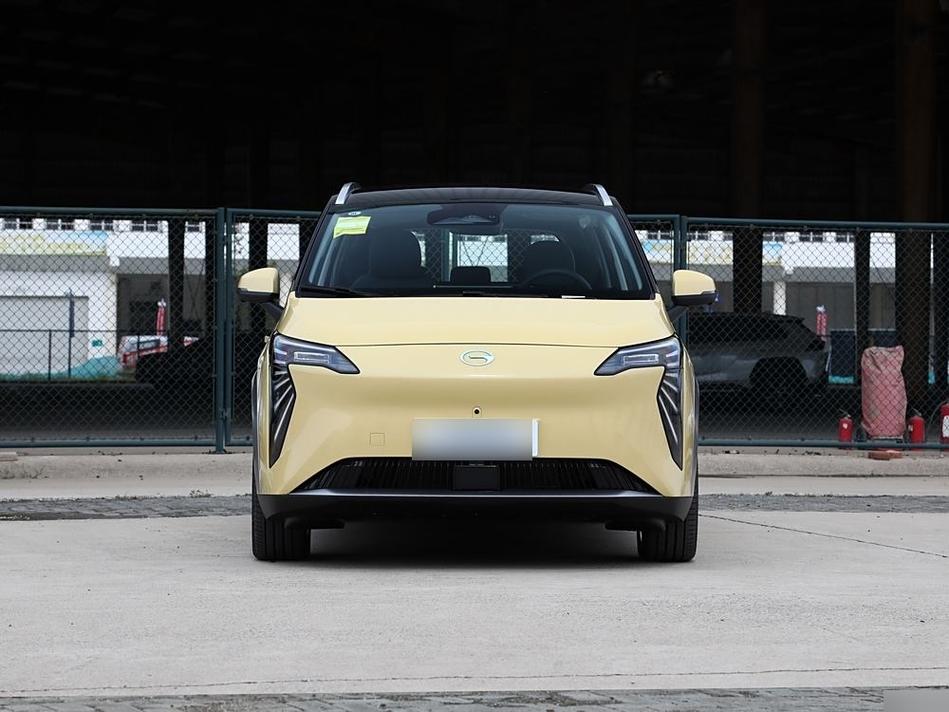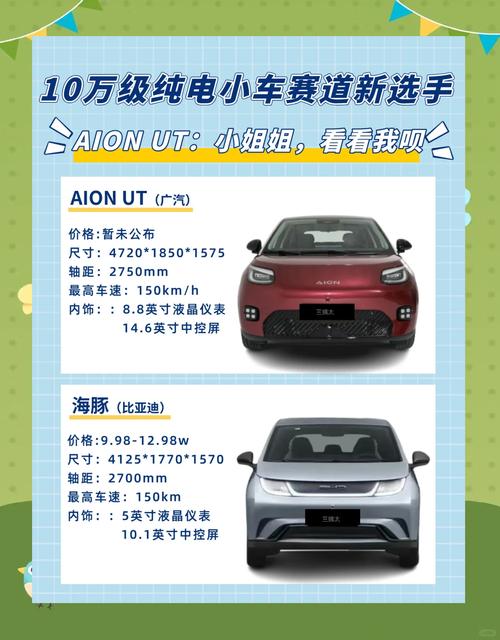
Aion vs Ethereum: A Comprehensive Comparison
When it comes to blockchain technology and cryptocurrencies, Ethereum and Aion are two names that often come up in discussions. Both platforms offer unique features and capabilities, making them popular choices among developers and investors. In this article, we will delve into a detailed comparison of Aion and Ethereum, covering various aspects such as technology, use cases, community, and market performance.
Technology and Architecture
Ethereum, launched in 2015, is a decentralized platform that enables smart contracts and decentralized applications (DApps). It uses a proof-of-work (PoW) consensus mechanism, which requires miners to solve complex mathematical puzzles to validate transactions and secure the network. Ethereum’s native cryptocurrency is Ether (ETH), which is used to pay for transaction fees and incentivize miners.

Aion, on the other hand, was launched in 2017 and aims to create a more scalable and efficient blockchain ecosystem. It utilizes a unique dual-token model, with Aion (AION) as the utility token and Aion Next (ANT) as the governance token. Aion’s consensus mechanism is a hybrid of proof-of-work (PoW) and proof-of-stake (PoS), which is designed to improve scalability and reduce energy consumption.
| Technology | Ethereum | Aion |
|---|---|---|
| Consensus Mechanism | Proof-of-Work (PoW) | Hybrid (PoW + PoS) |
| Token Model | Single-token (ETH) | Dual-token (AION + ANT) |
| Scalability | Currently limited by PoW | Hybrid model for improved scalability |
Use Cases and DApps
Ethereum has been a pioneer in the development of DApps, with a vast ecosystem of applications built on its platform. Some of the most popular DApps on Ethereum include decentralized finance (DeFi) platforms, decentralized exchanges, and gaming applications. Ethereum’s smart contract functionality has enabled developers to create innovative solutions across various industries.
Aion, while still growing its ecosystem, has also seen the development of several DApps. These include decentralized exchanges, supply chain solutions, and gaming applications. Aion’s focus on scalability and energy efficiency makes it an attractive platform for developers looking to build high-performance DApps.
Community and Development
Ethereum has a large and active community, with a strong presence on social media platforms, forums, and conferences. The Ethereum Foundation, founded by Vitalik Buterin, plays a crucial role in supporting the development of the platform and fostering community growth. Ethereum has also seen significant investment from venture capital firms and corporations, further solidifying its position in the blockchain space.

Aion’s community is also growing, with a strong focus on collaboration and innovation. The Aion Foundation, founded by Kain Warwick, works to support the development of the platform and promote its adoption. Aion has also received backing from notable investors and industry leaders, contributing to its growth and development.
Market Performance
When comparing the market performance of Ethereum and Aion, it’s essential to consider their market capitalization, trading volume, and price trends. As of the time of writing, Ethereum has a significantly larger market capitalization, making it one of the top cryptocurrencies by market value. Ethereum’s price has experienced significant volatility over the years, with periods of rapid growth and decline.
Aion, while still smaller in market capitalization, has seen steady growth and has been able to maintain a relatively stable price. Aion’s market performance has been influenced by various factors, including its technological advancements, community support, and partnerships with industry leaders.
In conclusion, Ethereum and Aion are two distinct blockchain platforms with unique features and capabilities. Ethereum has established itself as a leader in the DApp ecosystem, while Aion focuses on scalability and energy efficiency. Both platforms have active communities and growing ecosystems, making them compelling choices for developers and investors. As the blockchain industry continues to evolve, it will be interesting to see how Ethereum and Aion adapt and grow in the years to come.




